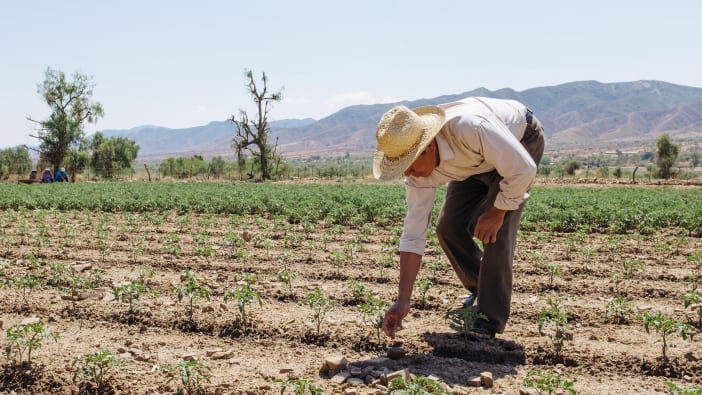‘Our true role as humans requires that we think differently about ourselves, and then live differently with others and with the planet.
‘That we share more abundantly and more generously. That collectively, we tread more lightly on the earth. That we hoard and consume less.
‘And that we recognise we live in an abundant community of creation, in which love – not dominion – pervades all we do.’
So concludes the Abundant Community report, which seeks to provide a global, theological perspective on environmental and economic sustainability (EES).
Drawing on the input and contribution of countless theologians, thinkers, writers and practitioners of various sorts from many countries around the world, the report represents the culmination of a lengthy process in which Tearfund commissioned consultations around theology of EES in:
- Africa
- Asia
- Latin America
- Europe and North America









